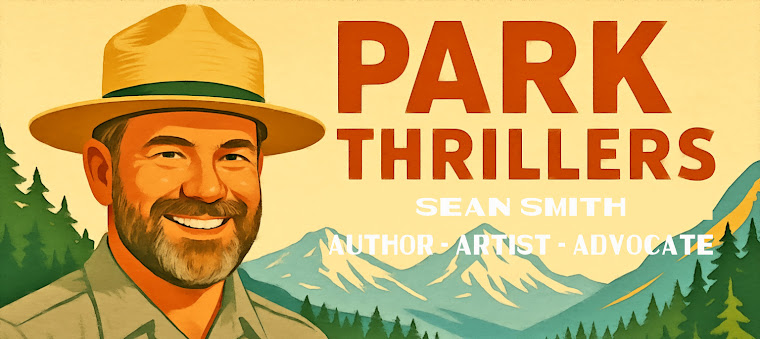 Terrible Swift Sword is a biography of Phillip Sheridan and paints a complex and times contradictory picture of a man who spent his entire adult life in the U.S. Army. Sheridan started his career as a lieutenant fresh out of West Point chasing Indians near Washington State's Fort Vancouver. It ended as lieutenant general ordering the army to protect Yellowstone National Park.
Terrible Swift Sword is a biography of Phillip Sheridan and paints a complex and times contradictory picture of a man who spent his entire adult life in the U.S. Army. Sheridan started his career as a lieutenant fresh out of West Point chasing Indians near Washington State's Fort Vancouver. It ended as lieutenant general ordering the army to protect Yellowstone National Park. During the Civil War, Sheridan along with General Sherman, pioneered total war tactics which led to the destruction of confederate farms and homes and ultimately brought the confederacy to its knees. Sheridan later unleashed total war against the plains Indians, ordering the wholesale slaughter of the buffalo herds. Sheridan believed denying the Indians their means of support would force them into submission and onto reservations. In both the Civil and the Indian wars, total war was likely the key that led to ultimate victory. Some historians believe Sheridan's total war tactics inspired later generations of European generals and led to massive destruction during World Wars I and II.
Sheridan was commanding general of the army in 1886 when the civilian Superintendent of Yellowstone National Park, called upon the army for help managing the park. Yellowstone had been a personal obsession for Sheridan. In 1870, the general ordered an army escort of the first expedition into the area. The following year, he provided an army escort for the Hayden expedition, the first scientific exploration of the park. Yellowstone would become the world's first national park in 1872 in large part due to these expeditions.
 By 1886 however, the park was under siege from hotel developers and railroad barons who pressured congress to reduce restrictions upon development and allow exploitation of the park. Congress complied with industry wishes and zeroed out the Yellowstone's budget basically leaving the park at the mercy of the developers. But a little used clause in federal law allowed the park superintendent to call upon the army if ever in need of help protecting the park, which he did.
By 1886 however, the park was under siege from hotel developers and railroad barons who pressured congress to reduce restrictions upon development and allow exploitation of the park. Congress complied with industry wishes and zeroed out the Yellowstone's budget basically leaving the park at the mercy of the developers. But a little used clause in federal law allowed the park superintendent to call upon the army if ever in need of help protecting the park, which he did.Sheridan ordered a company of cavalry troops to Yellowstone to patrol the park stamp out trespass and fight wildfires. And in a most ironic turn, Sheridan ordered the army to protect park wildlife like the bison from poaching. The army would remain at Yellowstone and other parks until 1916 when Congress finally created the National Park Service. Today we enjoy Yellowstone due in large part to the actions of Philip Sheridan.
In the end, Sheridan's stamp on many aspects of American life including how the United State's fights war, its relationship with Native Americans, and it's conservation legacy are well assured.
###
Sean Smith is an award winning conservationist and author. He is a former National Park Ranger at Yellowstone, a TEDx speaker, and private pilot. He graduated from the University of Washington in 1989 with a degree in Political Science. He got his master's in Natural Resources Management from Central Washington University in 1996. He currently runs Washington State's efforts to reduce and eliminate toxic chemicals from consumer products and serves as the Mayor Pro Tem of Covington.
He has been writing stories and books since he was a child and currently writes national park thrillers from the shadow of Mount Rainier.
He has been writing stories and books since he was a child and currently writes national park thrillers from the shadow of Mount Rainier.
All his novels can be found here: Mr. Sean D Smith

No comments:
Post a Comment